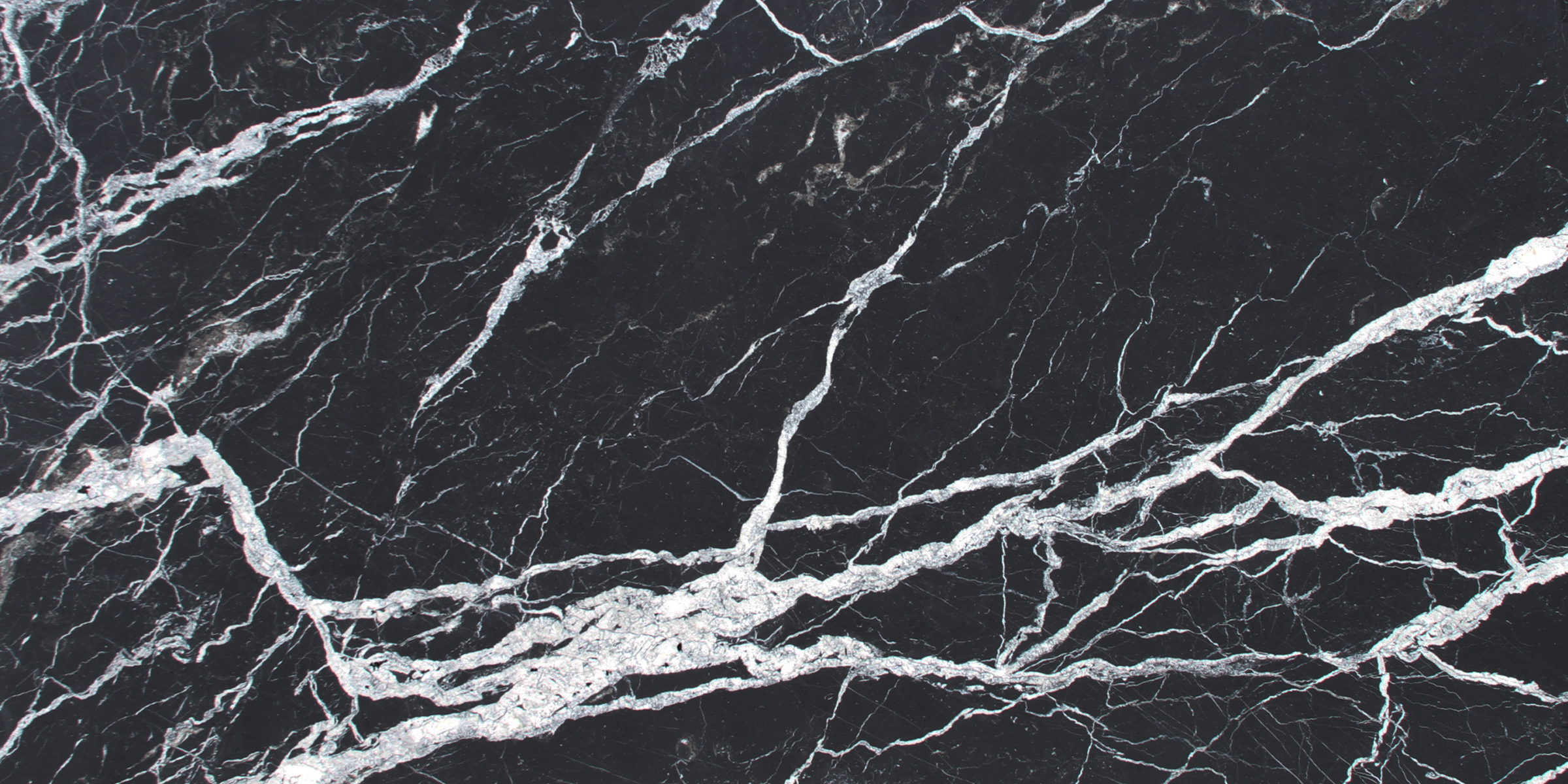Marble countertops are renowned for their timeless beauty and luxurious appeal, making them a popular choice in kitchens and bathrooms. However, one common question that arises is whether it is safe to place hot pans directly on marble surfaces. Let’s delve into the details to understand the effects and best practices for maintaining your marble countertops.
The Nature of Marble
Marble is a natural stone that has been used for centuries in architecture and sculpture. Its unique veining and range of colors make it a favorite for homeowners looking to add elegance to their spaces. However, marble is also a porous and relatively soft stone compared to other countertop materials like granite or quartzite.
Heat Resistance of Marble
Marble can withstand moderate heat, but it is not impervious to damage from high temperatures. Placing a hot pan directly on marble can cause several potential issues:
Thermal Shock: Sudden changes in temperature can lead to thermal shock, which may cause the marble to crack or develop fissures. This is particularly a risk if the marble is thin or if there are existing microcracks.
Etching: Marble is primarily composed of calcium carbonate, which is susceptible to etching when exposed to acidic substances. While heat itself does not cause etching, the combination of heat and certain foods or liquids can exacerbate this issue, leading to dull spots or discoloration.
Discoloration: Prolonged exposure to heat can sometimes cause discoloration in marble. The heat can alter the minerals within the stone, leading to changes in color or the appearance of burn marks.
Preventive Measures
To protect your marble countertops and ensure their longevity, it’s essential to take some preventive measures:
Use Trivets or Hot Pads: Always use trivets or hot pads when placing hot pans or dishes on marble countertops. This simple step can prevent direct contact with the hot surface, reducing the risk of thermal shock and discoloration.
Seal Your Marble: Regularly sealing your marble countertops can help reduce their porosity and make them more resistant to stains and etching. However, sealing does not make marble impervious to heat damage, so it should still be treated with care.
Clean Spills Immediately: In the event of a spill, especially one involving acidic substances like lemon juice or vinegar, clean it up immediately. This will help prevent etching and potential damage when combined with heat.
Avoid Prolonged Exposure: Do not leave hot pans or appliances on marble surfaces for extended periods. Even with trivets, prolonged exposure to heat can eventually cause damage.
While marble countertops can handle moderate heat, placing hot pans directly on them is not advisable due to the risks of thermal shock, etching, and discoloration. By using trivets, sealing your marble, and promptly cleaning spills, you can enjoy the beauty of your marble countertops while preserving their integrity. Taking these simple precautions will ensure that your marble surfaces remain stunning and functional for years to come.

